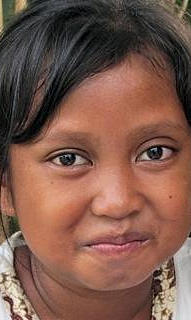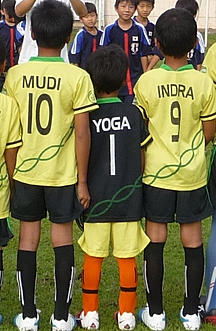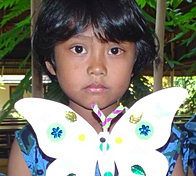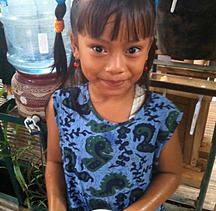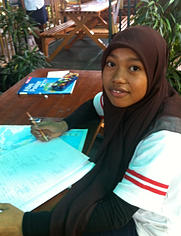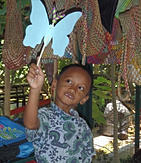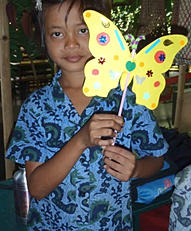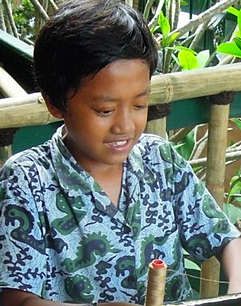THE PEOPLE'S BANK
UBUNTU Party's Michael Tellinger explains how the people's bank will solve our problems and why we know this.
The UBUNTU Party's promise to the people
Most people have no idea what money is... where it comes from... how it comes into existence and who is actually responsible for the control and the creation of money. And yet, we all use it every day of our lives, obediently and without question. Money has infiltrated every crack and crevice of our society, our planet and our humanity.
People will argue the merits of sports teams, cars, food, art, clothing, politics, sex, and even religion -- but very few will ever dare to question the merits of money. Because we have all been led to believe that money is absolutely necessary for our survival and that money makes the world go around, and that without money humanity would go back to the dark ages.
Well, nothing can be further from the truth -- because money does nothing... people do everything. People plant the seeds, grow the food, build the bridges, develop the technology, find cures for diseases, build the rockets, create breath-taking works of art and play music that reduces us to tears. Only people have the capacity for compassion and infinite love for each other. Money cannot do this.
In fact, it is money that stands between people achieving their dreams -- it is money that constantly prevents people from doing all of these things that they so eagerly want to do. Money is the hurdle to all human progress, because there never seems to be enough of it.
WHY? Because the supply of money is not in the hands of the people or the government of the people -- it is in the hands of private, multinational corporations, called banks.
Today all our banks are companies with one primary objective -- maximum profit for the owners and shareholders. The objectives of banks have nothing to do with human prosperity, but rather the control of the people, their assets, and eventually their country.
All our banks are controlled by our central bank, the SOUTH AFRICA RESERVE BANK, which is also a private corporation with very secretive owners who control it from Basel, Switzerland and issue very strict directives to it. This private company then creates the financial and economic policies for our country, and imposes it on our government, which in turn imposes these policies on us, the people.
This is why banks can charge such high interest rates and why we pay tax to the government -- so that our government can pay back the interest charged by these private banks on the loans of money to our government and its people.
The biggest shock comes when we realise that these banks are just companies -- empty shells -- they don't actually have any money to lend to our government and our people in the first place. So where do the banks get all the money they fraudulently lend to all of us? They create it out of THIN AIR. That is right... banks create money out of thin air.
See the rest on
www.ubuntuparty.org.za
FREE ENERGY
The UBUNTU Movement is part of the Global Energy Movement and we have a
very good understanding of what is going on in the world of energy
supply. It is the most fiercely guarded sector of our planet. Any one
that threatens to upset this control is swiftly removed. But free,
alternative and renewable energy has been discovered and presented to
the world many times in human history.
The most famous example is that
of Nikola Tesla - who was funded by JP Morgan - one of the global
banking elite and founder of the Federal Reserve System in the USA in
1913. Morgan was the one that destroyed all of Tesla's research and
credibility because the energy source that the brilliant inventor gave
to the world for FREE - could not be metered. And so Morgan realised
that he would not be able to charge people for the consumptions of
electricity and decided to throw his lot in with Eddison, who did
exactly what he was told. Many have tried to recreate Telsa's radiant
energy that could power everything imaginable - from cars, homes, boats
to aeroplanes, but so far no one seems to have succeeded. Or have they?
There
are thousands of scientists and inventors who have developed Free
Energy devices, but they fear for their lives as they have seen many
colleagues being bribed, silenced, threatened and even killed for the
devices. Once these scientists know that the environment is safe to show
off their inventions, they will come out in their thousands to give the
world such technology for free.

















